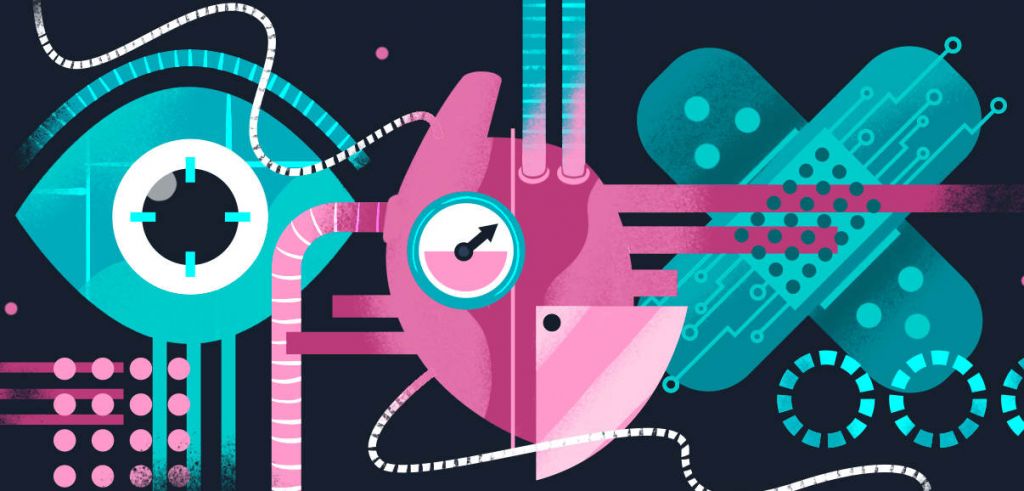Newsletter Signup - Under Article / In Page
"*" indicates required fields
Oncology and AI-guided drug discovery firms roped in the biggest biotech investments in Europe in June 2022. The leading private rounds went to companies including ImCheck Therapeutics, MiroBio and Charm Therapeutics.
In June 2022, we saw bigger private biotech investments in Europe than in May. ImCheck Therapeutics took the top spot; the firm raised an impressive 96 million euros ($101.5 million) in a Series C round to finance the development of antibody drugs that fight cancer by recruiting a type of immune cell called gamma delta T cells.
“In a highly challenging funding market, we have secured significant fundraising through the addition of highly strategic and valuable investors from the U.S. and Europe, putting us in a position to further deliver on the immense promise of our pipeline,” said ImCheck’s CEO, Pierre d’Epenoux, in a public statement.
June’s runner-up biotech investment, a $97 million Series B round, went to the U.K. firm MiroBio. The company is also developing antibody drugs, but in this case they are designed to tackle undisclosed autoimmune diseases. The drugs activate immune checkpoints — cell surface proteins that tell the immune system not to attack.
The Swiss company ImmunOs Therapeutics took third place in June with a Series B round totaling around $74 million. The funds will enable ImmunOs to push its lead small molecule drug through phase 2 trials. The drug is designed to stop tumor cells from switching off the immune response and therefore help the immune system to fight back against the cancer.
Charm Therapeutics in the U.K. emerged as champion of the Series A round showdown in June. The firm launched with $50 million to fund the development of small molecule drugs for cancer and other conditions with the help of artificial intelligence (AI) tools.
Another U.K. AI drug discovery specialist came second with a $40 million Series A in the bag. The firm Peptone uses computational techniques to simulate the physics of protein structures and to speed up the development of protein drugs.
The AI-guided drug discovery fest continued in the seed-stage biotech investments. Bone diseases were the focus of the seed round winner Relation Therapeutics, which is harnessing a supercomputer run by the tech firm Nvidia to unravel the complex relations between genes, proteins and drugs.
The seed round second place went to Qubit Pharmaceuticals, a French firm developing physics-based simulations to model protein targets in drug discovery, and third place was taken by the Israeli firm Brevel, which aims to develop a cheap and sustainable food protein source by growing microalgae.
Industrial biotechnology investments were relatively few compared to May’s top rounds. Nonetheless, one notable trend was investments into sustainable fashion; Modern Synthesis in the U.K. raised $4.1 million to fund the development of technology that uses bacteria to weave sustainable textiles for use in clothing. And the Spanish firm Next-Gen Leather raised around half a million dollars to fund the development of animal cell cultures that can grow leather without the need for traditional animal farming.






